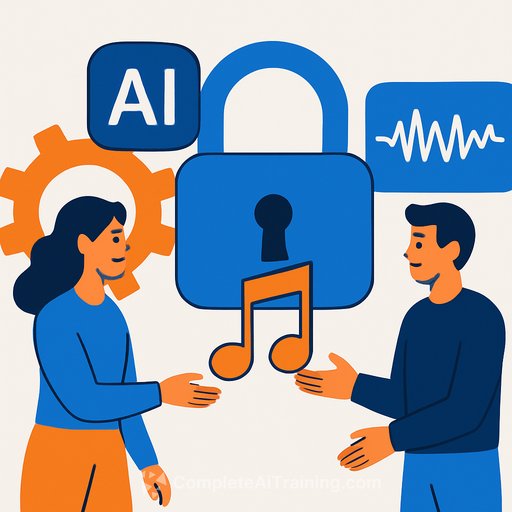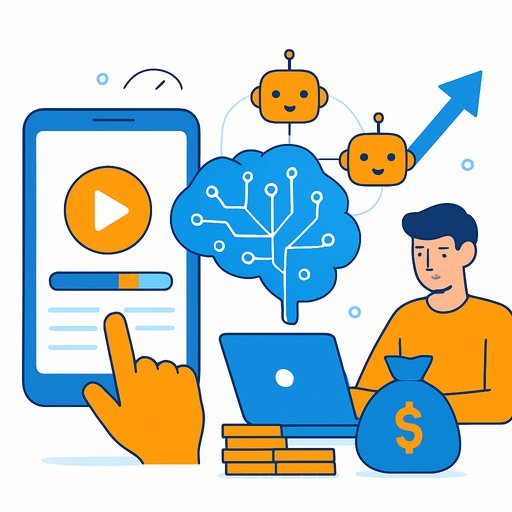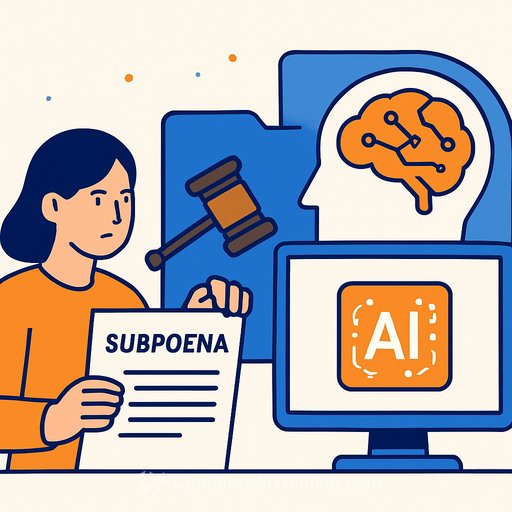Universal Music + Udio: A New Playbook for Music-Making
Universal Music Group has ended its copyright fight with Udio and stepped straight into a partnership. The plan: build an artist-approved platform where fans can remix iconic tracks, blend styles, and use real artist voices-with consent.
Udio's CEO Andrew Sanchez calls it "connection through creation." Think Spotify meets TikTok meets a fan studio-built for participation, not passive listening.
From Courtroom to Collaboration
The joint platform is slated for 2026. It will live inside a closed system-what Universal calls a "walled garden."
No downloads. No external sharing. The goal is simple: keep AI-made versions from competing with originals on streaming services while giving fans a safe space to create.
Who's Actually in Control?
Universal says the model is artist-first: consent, veto rights, and royalty flows. That sounds solid on paper, but veterans like Irving Azoff are raising fair questions-how will royalties be split, what licenses apply, and how much of the catalog trains Udio's model?
This isn't just a copyright debate. It's about creative control. Do artists set the rules, or do models that mimic them do it by default? The answer depends on the contracts-and the product design.
Udio vs. Suno: Different Bets
Udio's biggest rival, Suno, reports 40 million monthly users. Universal's move signals a different bet: not volume, but connection. As UMG's Michael Nash put it, "People don't want AI-generated junk. They want to put their hands on the songs they love."
In short, the focus is emotional engagement over automation. Use AI to extend human artistry, not erase it.
What This Means for Creatives
If this works, it could be the first major-label-approved AI music sandbox where fans co-create within clear rules. Picture remixing a classic with a modern vocal style-legally and with payouts attached.
- Get your rights tight. If you're signed, review consent and likeness clauses. Independent? Set terms now for voice, stems, and remix permissions.
- Design your "remixable" identity. Offer clear style references, vocal tones, lyric themes, and boundaries. Make it easy for fans to create on-brand outputs.
- Plan for micro-content. Short loops, hooks, and stems will travel inside this walled garden. Build formats people can riff on in seconds.
- Negotiate participation. Push for transparent royalty splits, veto rights, usage reporting, and training opt-ins/opt-outs.
- Prototype responsibly. Test AI-collab workflows now with tools that respect consent and IP. Treat this like a new channel, not a side gimmick.
Want to stay sharp on AI workflows built for creatives? Explore updated courses here: Latest AI Courses.
For official company updates, keep an eye on Universal Music Group.
Key Details to Watch
- Training data rules: which catalogs feed the model-and under what consent.
- Artist controls: veto rights, audit trails, and how "likeness" is defined.
- Monetization: clear splits for remixes, stems, and voice usage.
- Distribution limits: creation stays inside the platform; no external downloads.
FAQ
- What is Universal Music's partnership with Udio?
Universal Music Group and Udio are co-building an artist-approved platform for AI-assisted music generation and remixing, planned for launch in 2026. - Will artists have control over their AI-generated music?
Yes. Universal says artists will have consent-based controls, veto rights, and royalties for remixes or collaborations that use their voice or likeness. - Can users share or download their creations?
No. The platform will operate as a closed "walled garden," so creations can't be downloaded or shared externally.
The bottom line: if this model lands, fans won't just stream. They'll co-create-inside clear rules-while artists keep their say. The future of music won't just be written; it'll be programmed.
Your membership also unlocks:





